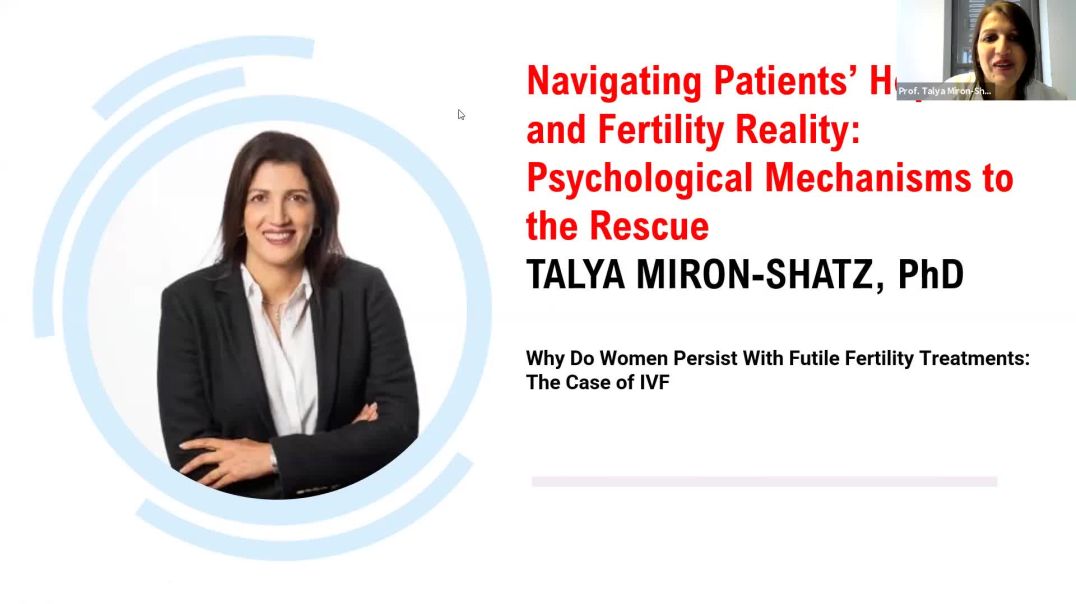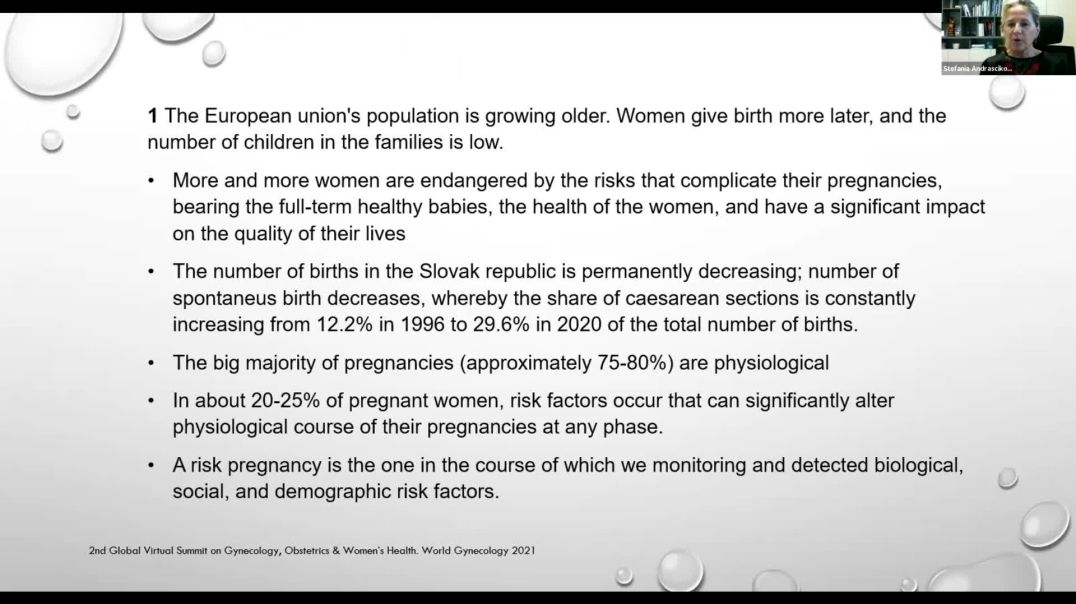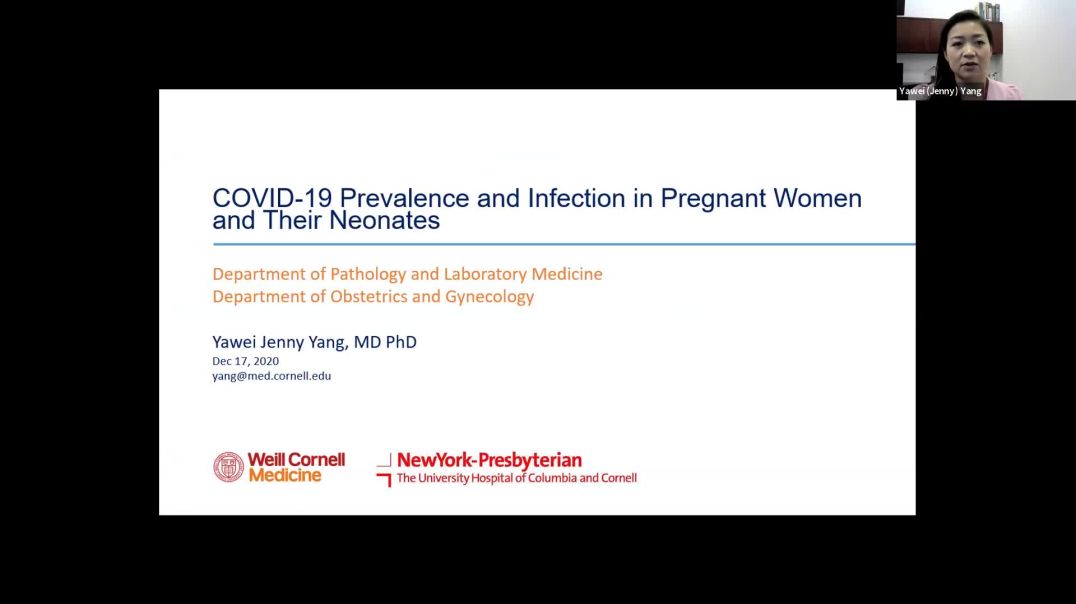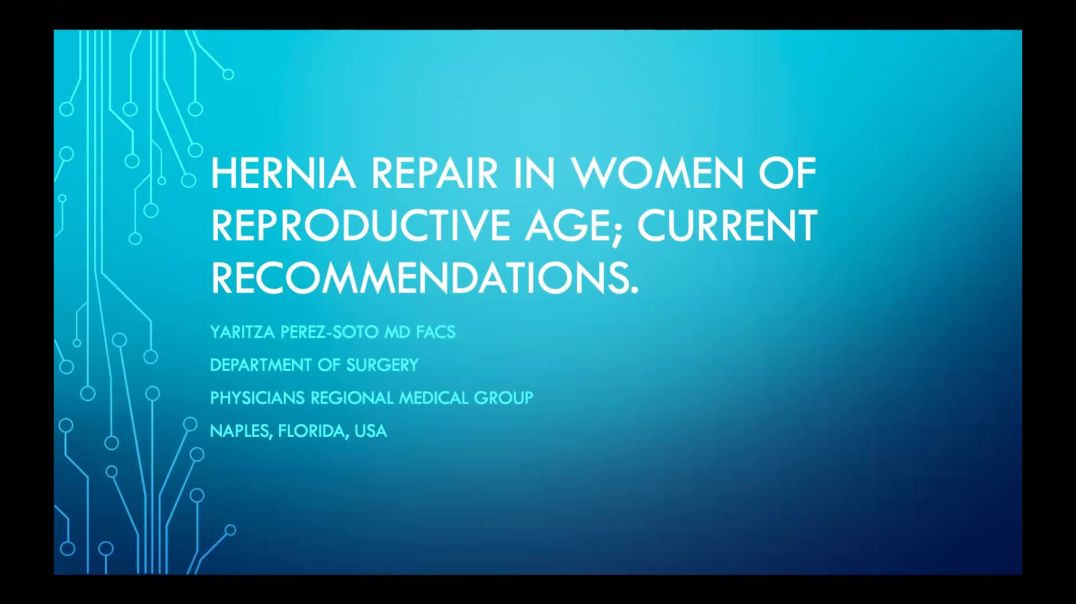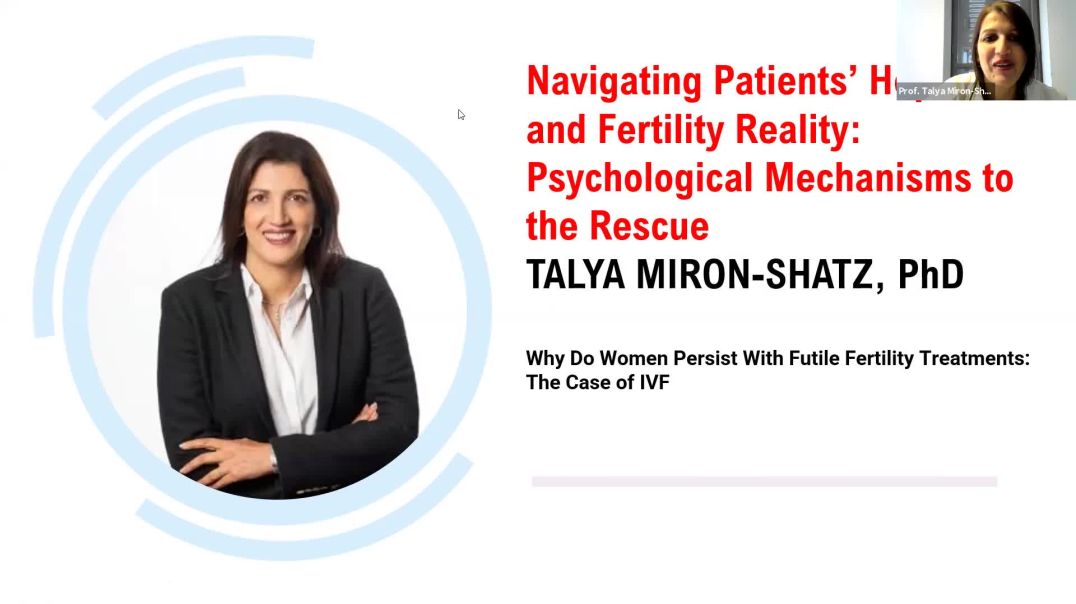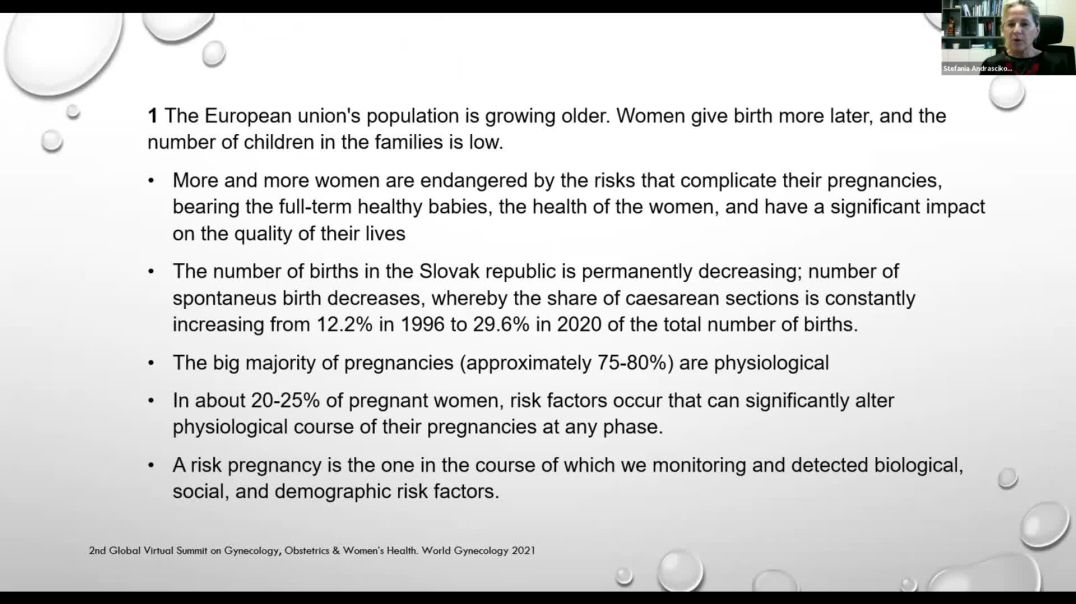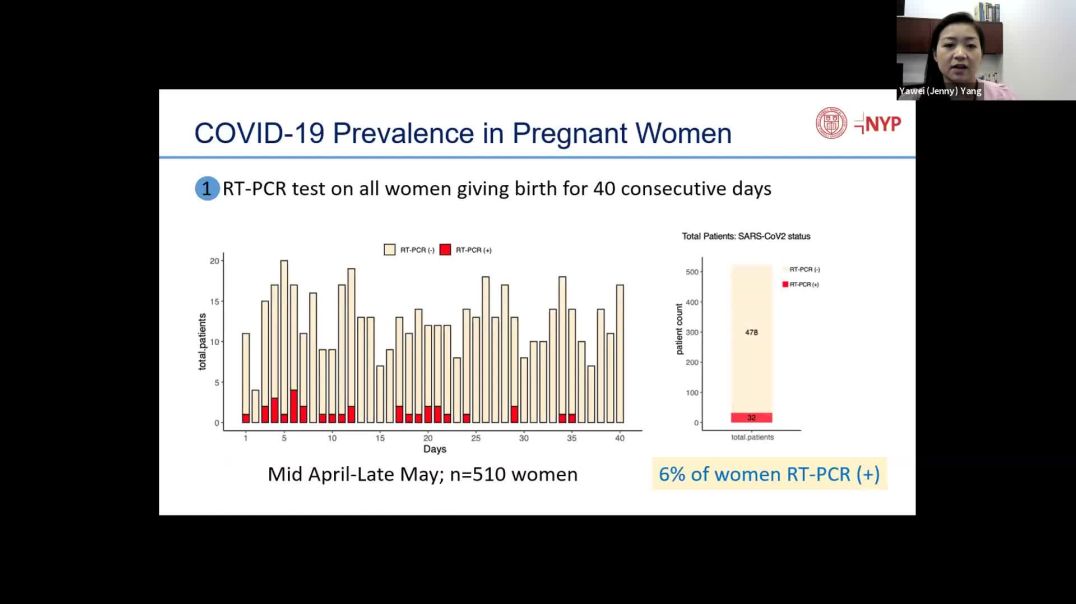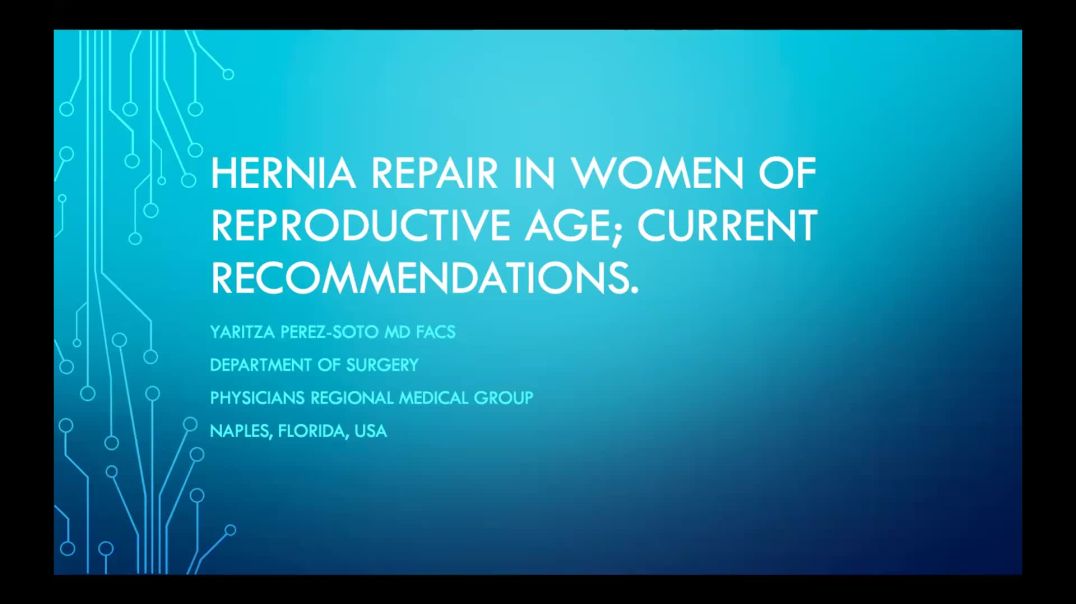Why Do Women Persist With Futile Fertility Treatments | Talya Miron
Summary :
Why are women who face poor prognoses for success in assisted reproductive technology (ART) treatment choosing to pursue procedures using their own eggs, despite receiving information that their chances of success are low? Cross-sectional study based on an anonymous questionnaire distributed to women aged between 43 and 45 years, undergoing ART using their own oocytes, at public outpatient fertility clinics and public in-hospital IVF units in Israel. The main outcome measure was personal estimation of chance to achieve a live birth after the current ART treatment cycle and the cumulative estimated rate after all the treatment cycles the patient intended to undergo. Response rate was 70.0%, with 91 participants of mean age 43.8 ± 0.7 years. Participants estimated their delivery rates after the next ART treatment cycle at 49.0 ± 31.8% (response rate 93.4%) and their cumulative delivery rates after all the ART treatments they would undergo at 57.7 ± 36.3% (response rate 90.1%). This is significantly higher than the predicted success rates of 5% and 15%, respectively (both P < 0.001), which are based on national register data. Nearly one-half of patients rated themselves as having a better than average chance of conception (47.3%). Women do not pursue futile treatments because they lack information. Despite being informed of the low success rates of conception using ART treatments, many patients of advanced maternal age have unrealistically high expectations from ART, essentially ignoring their estimated prognosis when deciding on treatment continuation. Future work should examine the psychological reasons behind continuing futile fertility treatments.
About Author :
Talya Miron-Shatz (PhD psychology) is full professor at the Ono Academic College, Israel, and visiting researcher at the University of Cambridge. She specializes in studying health and medical decisions, with over 60 academic papers on the topic. She also has vast industry experience as a consultant to pharma, health advertisers, startups and corporates. Prof. Miron-Shatz did her post-doc at Princeton University with Nobel laureate Daniel Kahneman, taught at Wharton, and is a visiting researcher at Cambridge University. She is the author of ‘Your Life Depends On It: What You Can Do to Make Better Choices about Your Health (Basic Books, Hachette).
